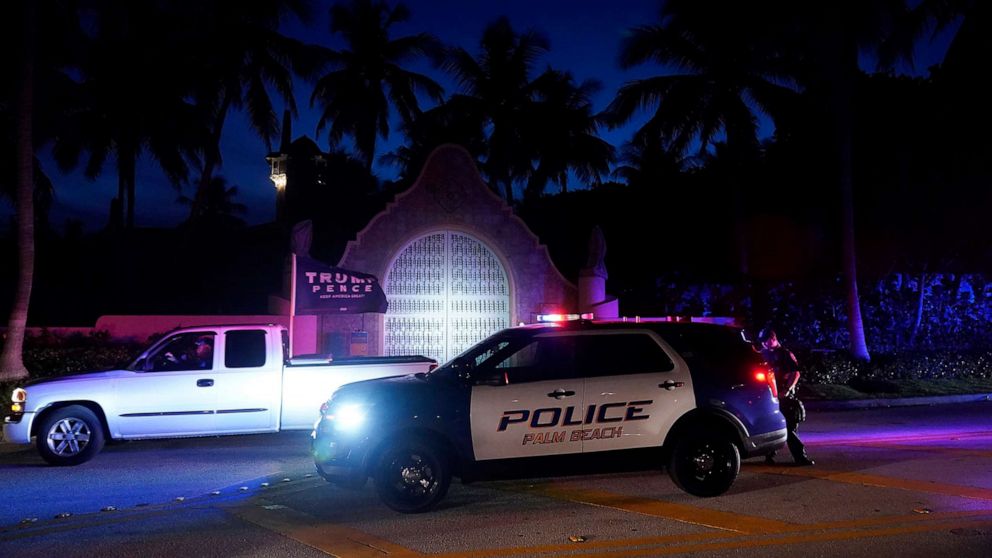


Intelligence officials are assessing the potential risk to national security after classified documents were found at former President Donald Trump's Florida residence.
Director of National Intelligence Avril Haines sent a letter Friday to top lawmakers in Congress confirming the assessment is underway, a spokesperson for the agency told ABC News.
The letter, addressed to the House Oversight Committee Chair Carolyn Maloney and House Intelligence Committee Chair Adam Schiff, was first reported by Politico.
"The Department of Justice and the Office of the Director of National Intelligence are working together to facilitate a classification review of relevant materials, including those recovered during the search," the spokesperson said in a statement shared with ABC News. "ODNI will also lead an Intelligence Community (IC) assessment of the potential risk to national security that would result from the disclosure of the relevant documents. ODNI will closely coordinate with DOJ to ensure this IC assessment is conducted in a manner that does not unduly interfere with DOJ's ongoing criminal investigation."
Maloney and Schiff, both Democrats, said they were "pleased" the assessment was being done.
"The DOJ affidavit, partially unsealed yesterday, affirms our grave concern that among the documents stored at Mar-a-Lago were those that could endanger human sources. It is critical that the IC move swiftly to assess and, if necessary, to mitigate the damage done--a process that should proceed in parallel with DOJ's criminal investigation," they said in a statement.
Trump's Mar-a-Lago resort was searched by federal agents on Aug. 8 in relation to an ongoing investigation of his handling of presidential records after leaving office.
The DOJ on Friday made public the redacted affidavit behind the search after several news organizations, including ABC News, argued that the release was in the public interest.
MORE: Justice Department makes redacted Mar-a-Lago affidavit publicThe FBI special agent who wrote the affidavit signaled the probe began after the National Archives sent a criminal referral to DOJ revealing that 15 boxes they received from Trump's team in January of this year contained highly classified documents.
There were 184 classified documents in those 15 boxes, the redacted affidavit revealed, 25 of which were marked "top secret."
Investigators found 27 additional boxes of documents during the Aug. 8 search, 11 of which included classified material.
John Cohen, a former Homeland Security official who is now an ABC News consultant, said the intelligence community has a duty to explore what information has been potentially put at risk as a result.
"We now know that when he left office, former President Trump took with him classified intelligence and other sensitive U.S. government information," Cohen said. "We also know that when he stored that information at Mar-a-Lago there were inadequate safeguards in place to protect this sensitive information from disclosure. If disclosed, techniques used by the U.S. government to collect intelligence and protect this nation would be compromised, placing all Americans at risk. As a result the intelligence community has a responsibility [to assess] whether the information stored at the former president's residence was inappropriately disclosed and this includes whether it fell into the hands of those who wish America harm."